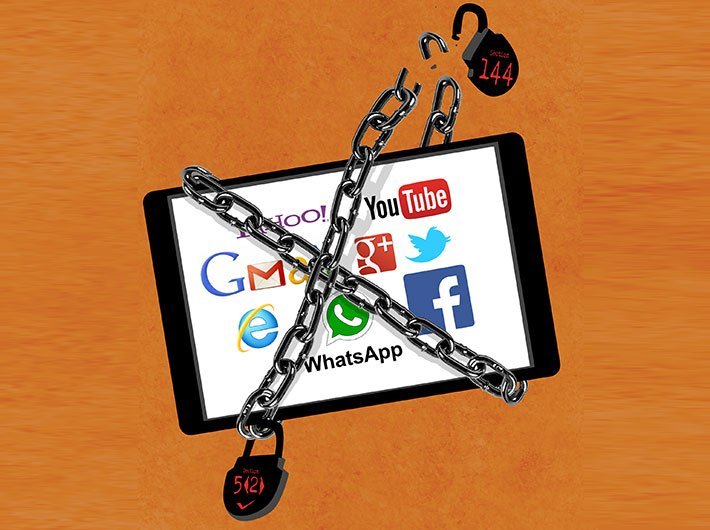The association states that the ban also has a negative impact on businesses
GN Bureau | April 28, 2017

NITI Aayog’s Frontier Tech Hub unveiled a roadmap “Reimagining Manufacturing: India’s Roadmap to Global Leadership in Advanced Manufacturing” in Pune on Wednesday . The roadmap was unveiled by Devendra Fadnavis, chief minister of Maharashtra; Ajit Pawar, deputy chief
The Union Cabinet, chaired by prime minister Narendra Modi, on Tuesday approved the Terms of Reference of 8th Central Pay Commission. The 8th Central Pay Commission will be a temporary body. It will comprise of one chairperson; one member (part time) and one member-secretary. It will make it
The global agri-food system faces critical sustainability challenges linked with land degradation, deforestation, water depletion, climate change, biodiversity loss, and food insecurity. Agriculture contributes to one-third of global greenhouse gas (GHG) emissions, largely driven by food waste, deforestati
The Delhi Directorate of Education (DoE), in collaboration with the Commission for Air Quality Management (CAQM) and Yuvamanthan, has formally launched “Building a Sustainable Future”, a structured initiative aimed at institutionalizing environmental education and sustainable practices in Delhi
Adding the inexpensive chemotherapy drug Carboplatin to standard treatment significantly improves survival in patients with triple-negative breast cancer (TNBC), a clinical trial at the Tata Memorial Centre (TMC) in Mumbai has found. TNBC is an aggressive form of breast cancer and lacks
A quiet transformation began in Patna in 1973 when a young journalist, Dr. R.K. Sinha, inspired by the heartfelt appeal of social reformer Jayaprakash Narayan to support ex-servicemen, made a bold decision to leave his Rs 250-a-month job that led to the creation of Security and Intelligence Services (SIS).

